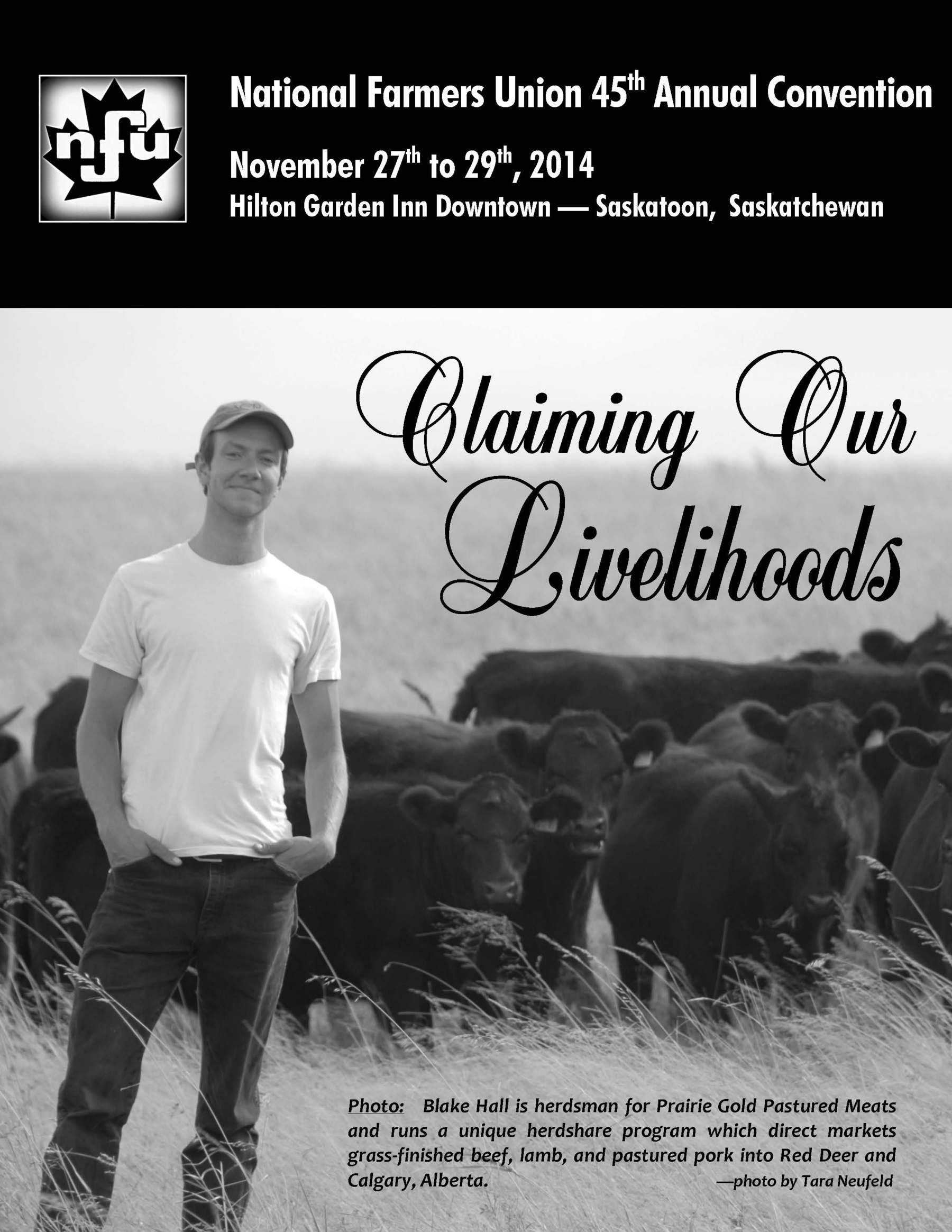
45th Annual Convention (2014)
Claiming our Livelihoods
Inequitable and undemocratic government policies that benefit transnational agri-business corporations are cornering farmers, driving them to dangerous levels of debt, lost marketing opportunities and more expensive inputs. This year’s Convention theme, “Claiming our Livelihoods”, highlighted the need for public policy that re-establishes a fair economic playing field – one that strengthens opportunities for family farmers and re-establishes public interest and food sovereignty.
The convention was held at The Hilton Garden Inn, Saskatoon, November 27 – 29, 2014.
Download the NFU 45th Convention pamphlet (PDF)
Featured Presentations
Wednesday, November 26

8:00 PM – Til the Cows Come Home
When the federal government decided to transform the correctional system to one that puts punishment first, prison farms were an early casualty. Strong opposition formed, and hundreds stood ready to block trucks brought in to remove the prize dairy herd from Frontenac Prison Farm in Kingston, ON. The film tells the story behind this extraordinary display of civil disobedience, and asks provocative questions about the Canadian government’s hardening approach to criminal justice, food security….and democracy itself. Kingston Local NFU member Dianne Dowling will be present to introduce the film and take questions afterwards. Watch the trailer
Thursday, November 27
9:00 AM – Workshop 1: Branding – What is it and why does it matter?

NFU Brand Development Working Group
The NFU is looking to attract new members and exert greater influence on decision-makers. Our brand – our “look and feel” – affects whether these people perceive us as a legitimate 21st century voice in the farming and food policy arena. This workshop will lay some groundwork to inform debate and decision-making about considering a “new look and feel” for the NFU brand.
10:30 AM – Workshop 2: Democratic Process in the NFU and Beyond is it and why does it matter?

Cory Ollikka and Karen Pedersen
The democratic principles and procedures that NFU members use within our organization are powerful tools that can be used whenever we participate in public processes – from local government boards, to commodity group meetings, to Parliamentary Committee hearings. Cory and Karen will connect the dots between the NFU Convention procedures and the opportunities we can create other in arenas where we might otherwise feel intimidated or marginalized. View the Presentation

Cory Ollikka is a 4th generation farmer from Waskatenau, Alberta. He operates an organic grain and beef cattle farm as well as holding an off-farm job in Municipal Government. Cory has held numerous positions at the District, Regional and National levels of the NFU since 1986 and was the NFU’s 7th National President from 1998-2001. He has helped chair several NFU conventions.
Karen Pedersen is a 5th generation honey producer from Cut Knife, Saskatchewan. She farms collectively on a small family farm with her extended family while acting as International Program Committee representative for Saskatchewan for the NFU and as La Via Campesina’s co-chair of the North American Women’s Commission. She was past Youth President and Women’s President. Over the years she has had the opportunity to farm in the United States, Denmark, Grenada, and New Zealand, increasing her understanding of global agriculture.
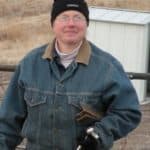
1:00 PM – Convention Call to Order
2:30 PM – Panel 1: The State of Farm Debt and Agricultural Financialization

Ken Rosaasen retired as a professor at the University of Saskatchewan on June 30, 2014. He actively farms with his wife Elsie and sons in the Preeceville area where his grandfather settled in 1905. Conventional crops are produced on 2000 acres as well as fababeans and timothy seed. His teaching, research and extension work focused on grain and livestock marketing and agricultural policy. Extension activities include the initiation and ongoing co-ordination of the Market Prospects program on Farmgate and a software program (Freight Rate Manager) that assists farmers to understand their grain handling and transportation costs. He received the University of Saskatchewan Award for Distinction in Outreach and Public Service at the Spring Convocation in 2014. He is currently the APAS (Agricultural Producers Association of Saskatchewan) Representative for the RM of Corman Park and a member of the Economic, Trade and Strategic Growth Committee. He appeared as a witness supporting the Canadian Wheat Board continuing as a single desk seller for producers before both the House and Senate Committees in Ottawa and most recently was elected to serve on the Saskatchewan Wheat Development Commission for a four year term.
Sarah J. Martin is a PhD candidate at the Balsillie School of International Affairs, University of Waterloo, Waterloo, Ontario with a research focus on the global political economy of food and agriculture, specifically the interactions between finance and agriculture. Her research interests are informed by her experiences as a cook and chef in a variety of settings, which has led to a particular interest in how politics are practiced in the everyday.
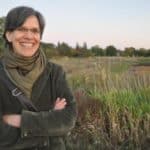
7:00 PM Public Event: Canada at a Crossroads: Reflections on Canada’s Conservative government 2008-2014.
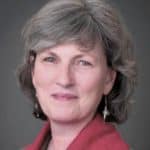
Teresa Healy earned her doctorate in Political Science from Carleton University. She specializes in North American integration, labour, and public sector issues. For over a decade, she worked in the labour movement as senior researcher at the Canadian Labour Congress and with the Canadian Union of Public Employees. She is Associate Professor and Chair of the Sustainable Development Program at the SIT Graduate Institute in Vermont where she teaches in a Master’s degree program focussing on advocacy, leadership and social change. Currently, Teresa is involved in ongoing research on women’s experiences of economic restructuring in Northern Canada.Teresa Healy’s book, Gendered Struggles against Globalisation in Mexico was published by Ashgate in 2008. Her edited collection, The Harper Record, was published by the Canadian Centre for Policy Alternatives, also in 2008. She is now co-editing a second volume that is analyzing the Conservative government’s record from 2008-2014.Teresa is also a recording singer-songwriter, Adjunct Research Professor at the Institute for Political Economy at Carleton University and Research Associate at the Canadian Centre for Policy Alternatives.
Friday, November 28
8:30 AM – Research Update: Land Grabbing and Concentration in Saskatchewan
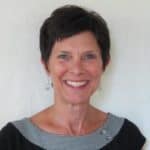
Annette Aurélie Desmarais is Canada Research Chair in Human Rights, Social Justice and Food Sovereignty at the University of Manitoba. Her doctoral research in geography examined peasants’ and farmers’ responses to the globalization of agriculture by analyzing the formation, consolidation and functioning of the international peasant movement, La Vía Campesina.
Dr. Nettie Wiebe teaches ethics at St. Andrews College, University of Saskatchewan and farms near Delisle, Saskatchewan, growing organic grains and pulse crops as well as raising cattle. Nettie served in elected leadership positions of the National Farmers Union for ten years and was the first woman to lead a national farm organization in Canada.


Darrin Qualman served as the Executive Secretary and the Director of Research for the National Farmers Union from 1996 to 2010. His work for the NFU includes the “Farm Crisis” series of briefs. He is currently completing History and Biology undergraduate degrees at the University of Saskatchewan. He will then return his focus to writing a book that seeks to explain energy and material flows in modern and traditional civilizations and in natural systems.
10:30 AM – Panel 2: Corporate Power and the Extraction of Rural Wealth

Andre Magnan is an Associate Professor in the Department of Sociology and Social Studies at the University of Regina. His research focuses on the history and politics of grain marketing on the Canadian prairies, the financialization of the agri-food sector, and changing patterns of farmland and farm ownership in Canada and Australia. He has published on these topics in academic venues including Agriculture and Human Values, Rural Sociology, and several collected volumes, as well as in Briarpatch Magazine and The Globe and Mail.
Scott Harris is the Trade Campaigner with the Council of Canadians, Canada’s largest citizens’ organization. He has been active for over a decade in the anti-globalization movement, organizing around the MAI in the late 1990s, the WTO ministerial in Seattle in 1999, the FTAA meetings in Quebec City in 2001, the Kananaskis meeting of the G8 in 2002 and the G20 Summit in Toronto. Prior to his position as trade campaigner, Scott was the Council of Canadians’ Prairies-NWT Regional Organizer, and he has also worked in the labour movement with the Alberta Federation of Labour and the Alberta Workers Health Centre and in international solidarity through the Alberta Council for Global Cooperation. He has had the distinct pleasure of being tear gassed by security forces in three different countries.


Bernie Wiehle lives along the north shore of Lake Erie, near the small town of Rodney, ON. He is a commercial Beekeeper with just over 100 hives. He has had to reduce the number of hives he manages due to the problems beekeepers are facing. He is also works part time as a licensed seed crop inspector and at the University of Guelph’s Ridgetown Campus Farm Market News program. Bernie grew up on a mixed livestock, cash crop farm, now operated by his brother. He studied Agriculture Business at U of Guelph. After working for a grain elevator and farm supply business in sales and management he went overseas to work with CUSO/VSO in Papua New Guinea and Indonesia. He was recently re-elected Mayor of West Elgin and councillor for Elgin County. In his spare time he bird watches and cycles.
1:30 PM – Interactive Session: Farmer Power
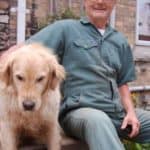
Allan Slater lives on a farm in Oxford County that was originally stolen from First Nations people by the colonial government and sold to his great grandfather in 1856. After finishing secondary school, he started farming with his parents. In 1955 and1956 he went on harvest excursions to the Moose Jaw area. It was in those years that he first heard the stories of the importance of The Canadian Wheat Board and the Pool elevators. From 1957 until 1961 he studied ag engineering at Ontario Agricultural College where he met his life partner Beverley. They started farming together in 1962 andcontinued farming until 2000 except for four years from 1970 to 1974 when they worked with farmers in Zambia. After retirement he volunteered in Mexico, Iraq, Palestine, Colombia, and here in Canada observing and documenting human rights abuses. In the winter of 2014 they returned to Zambia to reconnect with farmers that they had left 40 years ago.
NFU Youth is a network of young Canadians committed to building a food system that is economically viable for family farms, socially just and locally focused. The NFU Youth consists not only of young farmers but also their urban counterparts who are concerned with the future of food and agriculture in Canada and around the world. The NFU Youth work to promote Food Sovereignty in Canada through their own unique political analysis, educational opportunities and partnerships with other organizations that share similar objectives.

Saturday, November 29
10:20 AM – Panel 3: Livelihoods in a Post-CWB World

Richard Gray is a Professor in the Department of Bioresource Policy, Business and Economics at University of Saskatchewan. Richard’s family experience in Saskatchewan agriculture spans several generations. After completing his Ph.D. at UC Berkeley, Richard was hired as an Assistant Professor in the Department of Agricultural Economics at the University of Saskatchewan. He has published in the areas of agricultural trade, agricultural marketing, and environmental economics. Over time, his research and his graduate students’ research has increasingly focused on various aspects of agricultural research and innovation systems. From 2003 until 2013, Richard led the Canadian Agricultural Innovation Research Network and regularly provides advice to farm organizations and government regarding innovation policy and research funding models. In his spare time Richard helps his son Eric operate the family grain farm at Indian Head, Saskatchewan. In 2010 he was recognized as Fellow of the Canadian Agricultural Economics Society.
Ian Robson has been a member of the NFU since finishing Agriculture Diploma at University in 1977. He is currently Region 5 Coordinator. He farms with his wife Lois and two daughters at Deleau Manitoba. They raise wheat, canola, and Polled Hereford cattle. Ian is very concerned about the economic plight of farmers because the ability of small scale farmer to earn a living is vastly reduced in these times. He learned farming skills from his family who homesteaded in this area and made good use of the resources at hand. The ability of the farmers to work together, to cooperate, and find economic services that benefit the local farmers is demonstrated to be successful. We need to increase – not reduce – the number of farmers upon the land. This is the big reason that he belongs to the National Farmers Union: because neighbours make a local economy. The democratic decisions that a community makes help to enlighten and enliven and build up the standard of living.
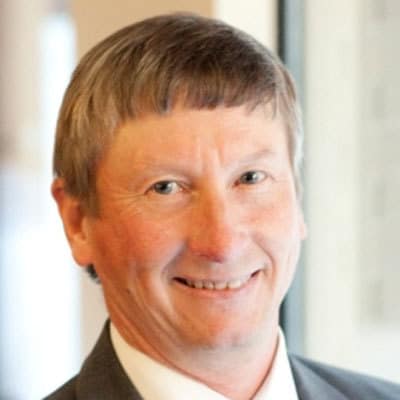

Larry Hill farms with his wife, Sandra, near Swift Current, Sask. They started working and farming part-time and have been farming full-time since 1980. They have been NFU members since 1970. He has an Engineering Degree and a Management Certificate from the University of Saskatchewan. His Board of Director experience includes: Pioneer and Southwest Credit Unions; Credit Union Central of Saskatchewan, Cypress Hills Regional College, and the Canadian Wheat Board. If you add up the years and include Sask. Wheat Pool committees, it totals about 65 years. Larry and Sandra have two daughters and three grandchildren.
2:15 PM – Panel 4: Acting to Claim Our Livelihoods

Cathy McGregor-Smith along with husband Gary Smith operate McSmiths Organic Farm. They have been certified organic since 1984. The diversity of farm enterprises has allowed them to be full time farmers. They have 2 daughters who played a vital part in the farm’s early success.
Cam Goff farms cooperatively with his two brothers on the edge of the Allan Hills south of Saskatoon. Over 4000 acres are seeded to canola, wheat, barley, flax, peas, oats, plus some mustard and lentils. Cam and his wife Beverley also operate a retail fuel business in Hanley, where until 2014 they distributed farm inputs for an independent ag-retailer. He was elected as a director of the Canadian Wheat Board in 2008, and served until December 2011. While serving on the board of the CWB, Cam gained valuable experience on governance and oversight. He also served on the board of the Western Grain Research Foundation where he solidified his understanding that farmer owned and directed research has tremendous potential to improve our competitiveness while keeping the benefits at the farm gate.
Cam was elected to the newly-formed Saskatchewan Barley Development Commission in December 2013, and elected Chair of the organization in January 2014. He is looking forward to working with organizations which share the common goal of putting producer interests to the forefront, and maintaining farmer control over all aspects of their businesses.

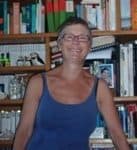
Helen Groome was born in England in 1958. In 1982 she went to Madrid, Spain to write her doctoral thesis on the evolution of forest policy in Spain 1800-1980. One chapter considered the influence of regional devolution of political powers from Madrid to the newly created regional governments, specifically the effect on forest policy in the Spanish part of the Basque Country. Contacts with the Basque Farmers’ Union, EHNE, eventually led to employment as adviser and activist on forestry and environmental issues related to farming (Natural Parks, wild animals such as wolves, GMO’s, seeds, transport infrastructure…) a job that lasted from 1988 to 2009. Whilst working in EHNE she lived on a dairy farm run by two brothers in the rural parish, Karrantza in the westernmost part of the Basque Country. The farm started a process of de-intensification in the mid 90’s and in 2009 Helen joined the farm team of five (her partner and herself, her brother-in-law and his two sons). The farm turned organic between 2011 and 2013 and built a dairy in 2011 which has now been running for three years.
Cam was elected to the newly-formed Saskatchewan Barley Development Commission in December 2013, and elected Chair of the organization in January 2014. He is looking forward to working with organizations which share the common goal of putting producer interests to the forefront, and maintaining farmer control over all aspects of their businesses.